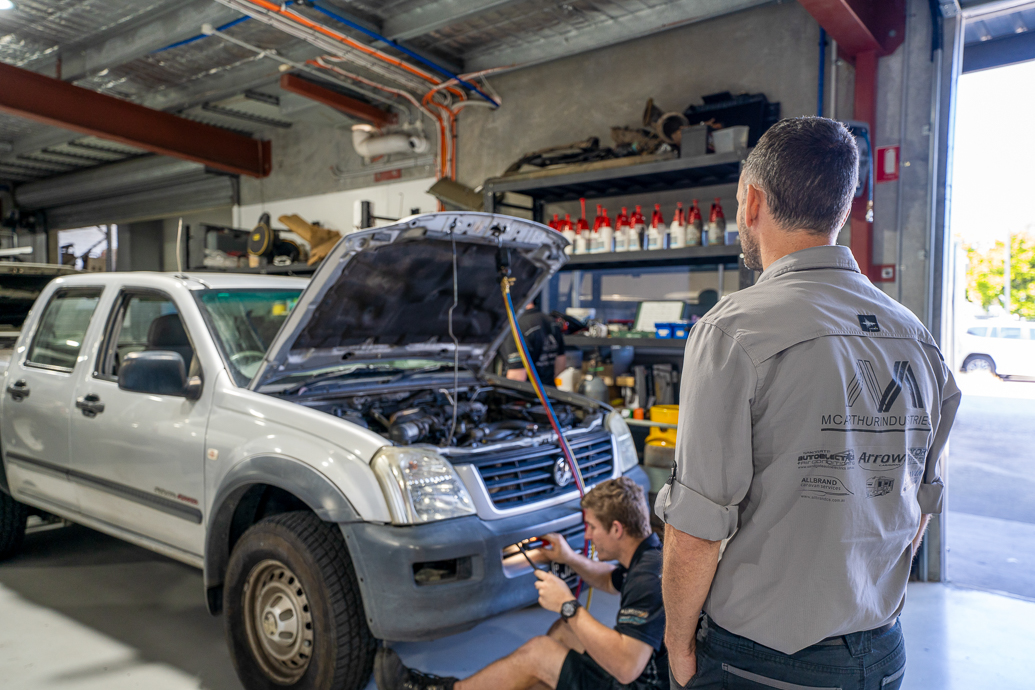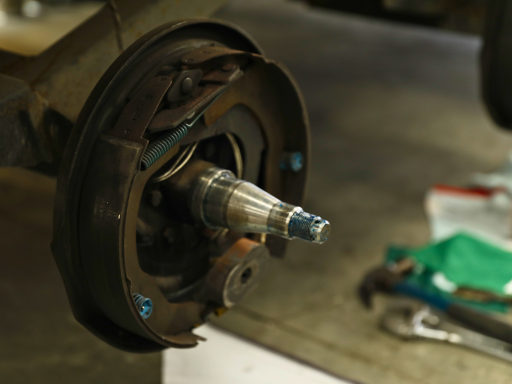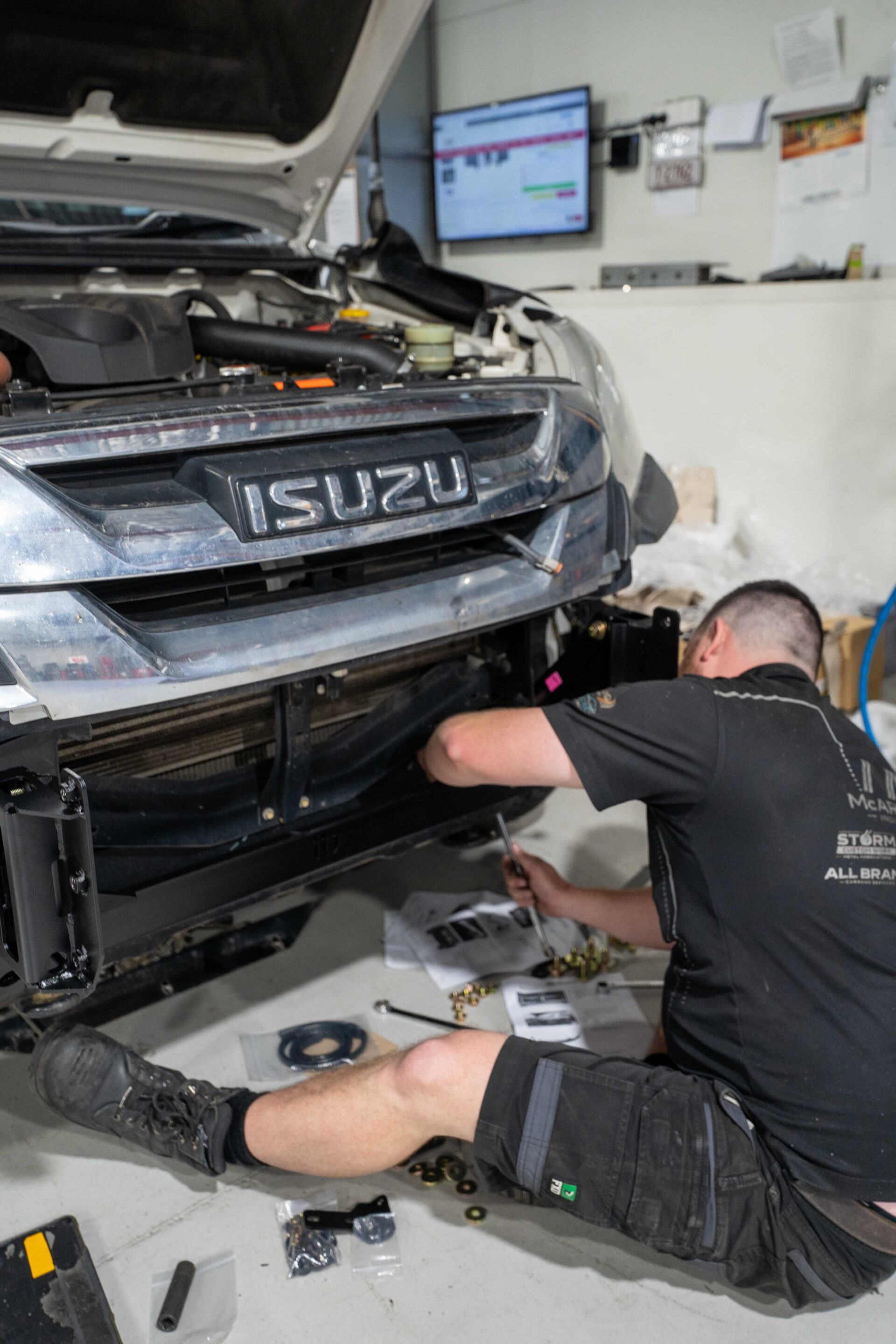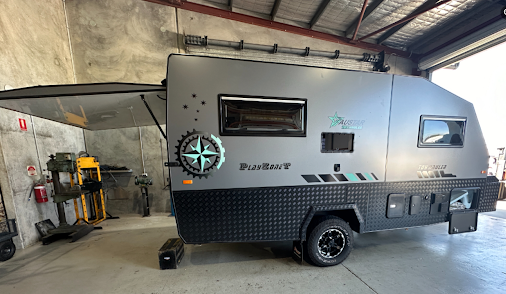
Squeaky Brakes? Here’s What It Could Mean

Why those high-pitched sounds deserve your attention
You’re driving along and tap the brakes—then comes that sharp, squeaky sound. It’s more than just annoying. Squeaky brakes could be your car’s way of telling you something important.
Brake noise is common, but it’s rarely something to ignore. While some causes are harmless, others could mean your braking system isn’t working as it should. Since brakes are essential to your safety, it’s worth taking a closer look.
Worn Brake Pads
One of the most common reasons for squeaky brakes is worn-out brake pads. Most pads are designed with a small metal indicator that makes a squealing sound when the pads get too thin. It’s a warning sign to replace them soon—before metal starts grinding on metal.
Leaving worn pads too long can lead to damage to the rotors, higher repair costs, and longer stopping distances. If the squeaking is consistent and worsens over time, it’s best to get them inspected.
Brake Dust or Debris
Sometimes, brake squeal is caused by something simple—like dust, dirt, or small debris caught between the pad and rotor. This is especially common if you’ve recently driven on dusty or wet roads. The noise might come and go, especially when braking lightly. In these cases, a proper clean can often resolve it.
Squeaky Brakes – Lubrication Matters
The brake system includes several metal components that need a small amount of lubricant to move smoothly. If the contact points dry out, they can start to squeak or groan. While this isn’t usually dangerous, it can affect how well your brakes feel and respond. A technician can apply the correct lubricant to keep everything quiet and responsive.
Glazed Brake Pads or Rotors
Braking hard for long periods—such as when towing or driving downhill—can overheat the brake pads and rotors, causing a shiny or “glazed” surface. This results in poor grip and a squealing sound. It can also make the brakes feel less effective. In these cases, resurfacing or replacing parts may be needed.
Environmental Factors and Driving Habits Contribute to Squeaky Brakes
Frequent stop-start city driving, heavy traffic, or long downhill stretches can accelerate pad wear and generate heat, increasing the likelihood of noise. Moisture from rain or washing can temporarily cause squeaks as metal surfaces contract and settle. Even seasonal changes, like cold mornings, can make brake components contract slightly, producing short-term squeals.
Understanding these contributing factors helps differentiate between harmless temporary noise and a warning of worn or damaged components. By monitoring when and under what conditions squeaks occur, drivers can provide valuable information to technicians, ensuring a more accurate diagnosis and maintaining the safety and reliability of the braking system.
Poor-Quality Brake Parts
Not all brake pads are created equal. Lower-quality materials tend to be noisier and wear out faster. If your brakes were recently replaced and started squeaking soon after, the parts used may not be up to standard. Choosing quality components is key for quiet, reliable performance.
Time to Check Your Brakes?
Regular brake inspections prevent costly repairs and enhance overall driving safety. Squeaky brakes aren’t always urgent—but they’re never worth ignoring. Whether it’s a quick fix or a sign of wear, our team at Sandgate Auto Electrics can inspect your brakes and keep you safely on the road.
📞 Call us: (07) 3269 3158
📍 Visit: 101 Connaught Street, Sandgate QLD 4017
📧 Email: mail@sandgateautoelectrics.com.au
Don’t wait for that squeak to turn into a screech—book a brake check with us today.
Useful Resources:


